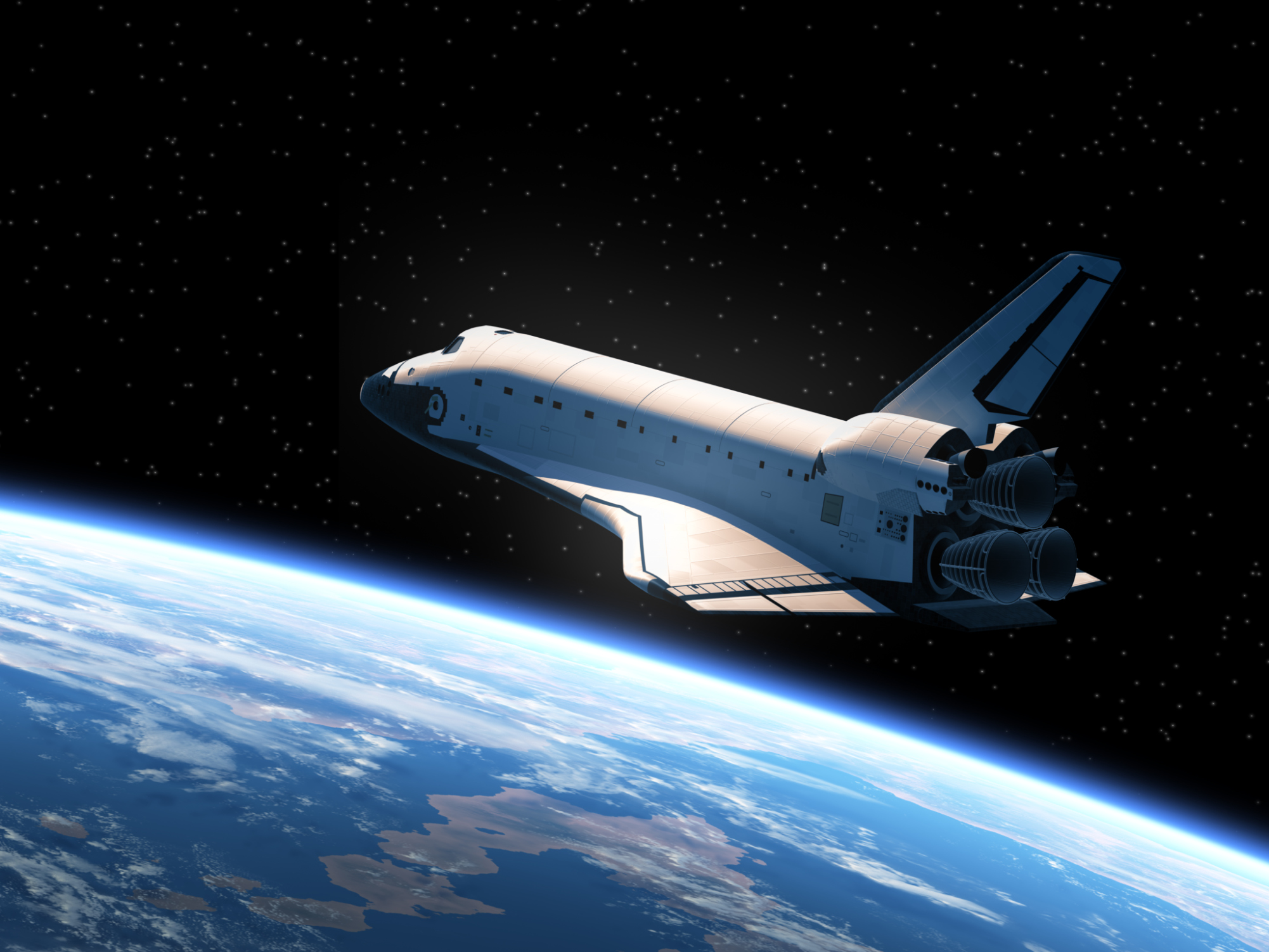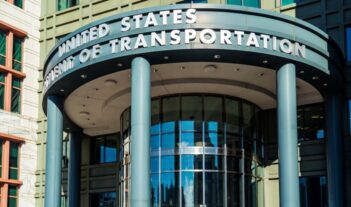
The SPACE Act provides financial, legal, and regulatory support to the commercial space industry.
Billionaires Jeff Bezos, Richard Branson, and Elon Musk are one step closer to tapping into new industries potentially worth trillions of dollars.
Last month, President Obama signed into law the U.S. Commercial Space Launch Competitiveness Act of 2015, also known as the SPACE Act. The law is designed to foster growth in the nascent commercial space industry in areas such as mining and tourism, as well as streamline space regulations.
One major provision of the SPACE Act permits private space firms to engage in activities that may be impermissible under international law. In particular, the Act permits U.S. citizens to recover and own resources from asteroids, including precious minerals such as gold.
Private companies have been planning space mining operations for years. Although challenging, the potential rewards are vast. The minerals in one asteroid in our solar system may be worth about $95 trillion, greater than the entire world’s gross domestic product last year. One company, Planetary Resources, Inc. – whose investors include Virgin Group founder Richard Branson and Google executives Larry Page and Eric Schmidt – has launched its first test satellite to prepare its space mining operations.
The SPACE Act reiterates that the United States does not have sovereignty or jurisdiction over objects in space, as established by the Outer Space Treaty. Still, scholars are divided on whether the law comports with international law, which prohibits countries from claiming sovereignty over materials in outer space.
Frans von der Dunk, a law professor at the University of Nebraska College of Law, reportedly says that it is unsettled whether space mining is legal. By contrast, Fabio Tronchetti, a professor at the Harbin Institute of Technology’s School of Law in China, contends that the SPACE Act violates the Outer Space Treaty’s provisions prohibiting countries from appropriating any part of outer space – a prohibition which, he argues, extends to private entities. In Tronchetti’s view, the SPACE Act is a domestic law creating a property right in minerals found in outer space, which constitutes an impermissible act of sovereignty.
Some space policy experts have expressed concerns that other nations may take the passage of the SPACE Act as an opportunity to undermine U.S. attempts to regulate space mining. Berin Szoka, President of the libertarian technology policy think tank TechFreedom, reportedly worries that the bill could prompt other nations either to read space property rights too narrowly or too broadly. He is concerned that the SPACE Act could renew interest in the Moon Treaty, which bans private ownership of space resources entirely. Alternatively, it could encourage other countries, such as China, to enact aggressive domestic laws allowing their own citizens to own prime real estate on the moon.
Other major provisions of the law focus on minimizing regulatory burden and limiting liability to companies planning to offer commercial flights to space. For instance, the SPACE Act grants licensed commercial space flight companies an extended “learning period” that would shield companies from passenger safety regulations. Under the new law, the Secretary of Transportation cannot issue such safety regulations for space passengers until 2023. (Under previous law, the learning period was scheduled to end in the spring of next year, before space tourism flights would be available for purchase.
Although no company has yet conducted a commercial flight to space, Bezos, Branson, and Musk all own companies with plans to offer space travel to the public without government assistance. The Russian Federal Space Agency had previously sold trips to the International Space Station for up to $30 million per seat. Branson’s own commercial space company, Virgin Galactic, already sells reservations for space travel for $200,000, although these flights would not go high enough to orbit the earth. Bezos’s company, Blue Origin, and Musk’s company, SpaceX, plan to offer flights at both distances, but neither has determined a price.
Only the Russian and Chinese governments are currently operating space programs that send humans into orbit, and the Russian government plans to restart its space tourism program in 2018. The United States government has not sent humans into space on its own since it retired the Space Shuttle four years ago, and currently lacks the technical capacity to do so.
The SPACE Act also extends to 2025 a law that limits the liability of commercial space companies. Commercial space companies and the United States share the risk of harm to third parties not involved in the launch. If the damages are less than $500 million, the company pays everything. For damages above that amount, the government will indemnify the company, up to about $3 billion. Any damages in excess of this amount would be the company’s responsibility.
Other provisions of the SPACE Act are aimed at creating a better framework for regulating satellites. One section requires several agencies, including NASA and the Department of Transportation, to work together to study the satellite traffic control system and develop recommendations for Congress on improving the system. A different section would require the Secretary of Commerce to report on the types of commercial satellites that they license and recommend statutory changes to improve the licensing system.
The SPACE Act passed with bipartisan support in both houses. The original House bill passed with just under two-thirds voting in favor. The Senate passed the amended version by unanimous consent, and the House subsequently agreed to all Senate amendments.



